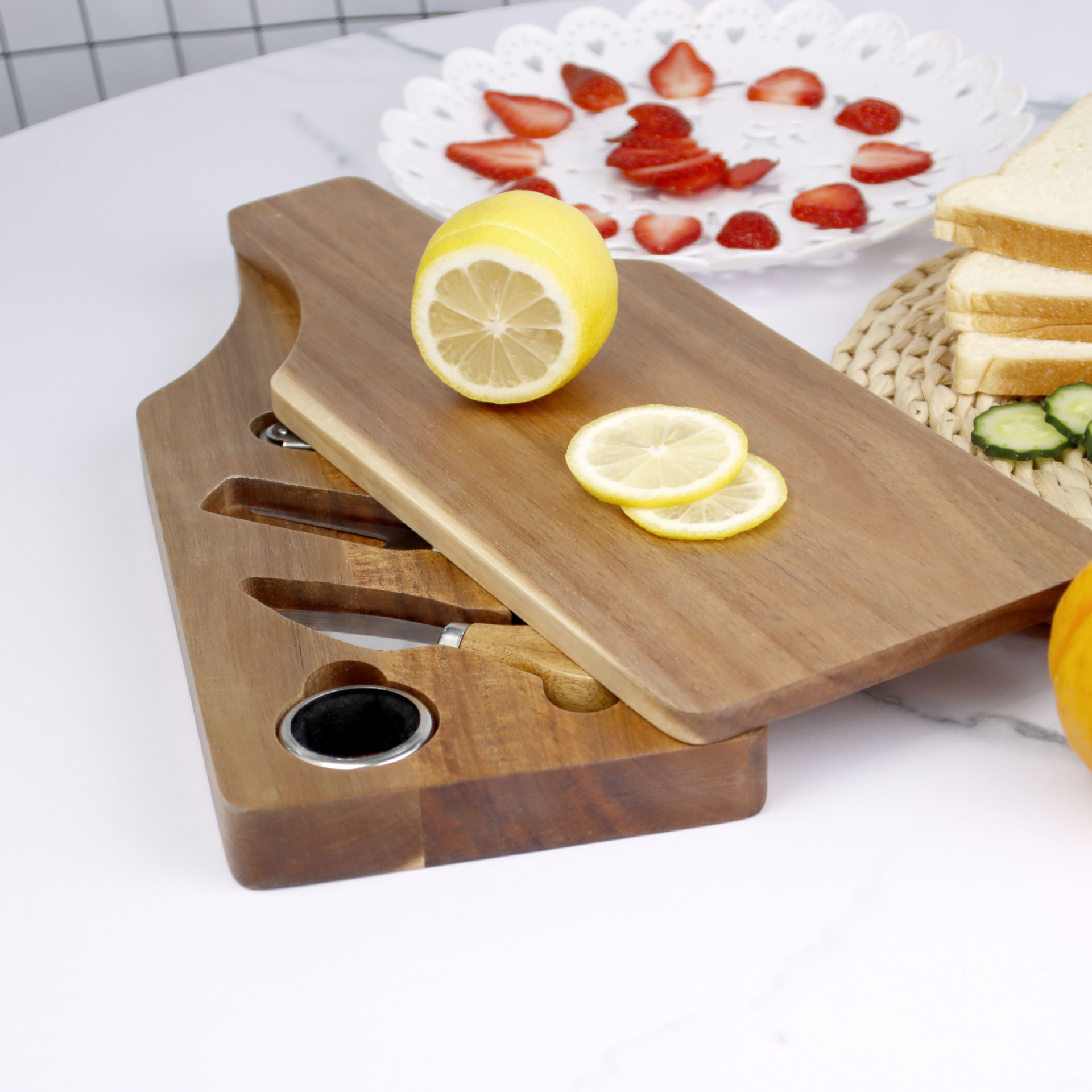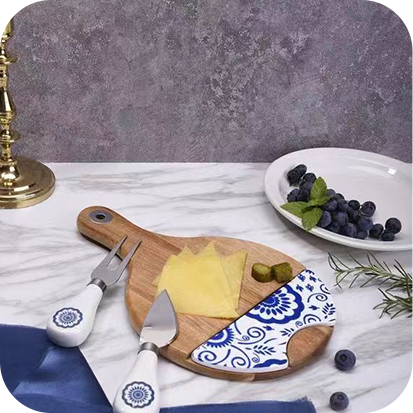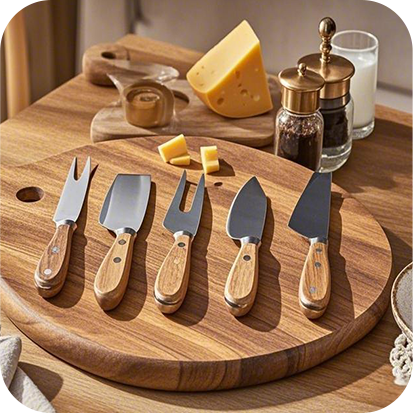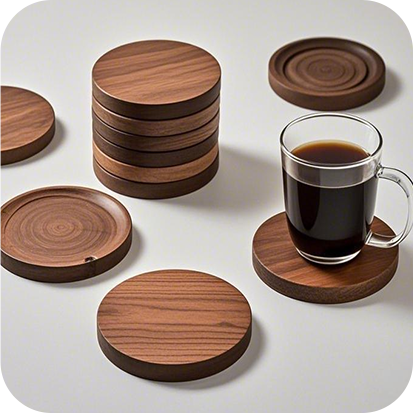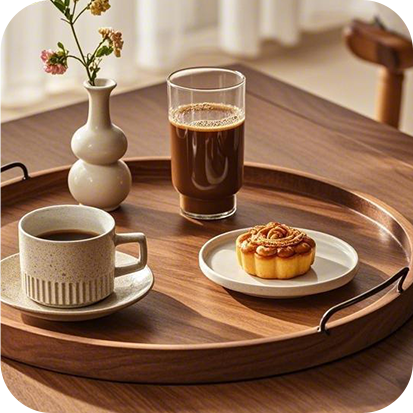The Do’s and Don’ts of Storing Wooden Cutting Boards
The Do’s and Don’ts of Storing Wooden Cutting Boards – By YangJiang Stellar Kitchenware
Wooden cutting boards bring timeless functionality and charm to any kitchen. They are durable, naturally antimicrobial, and ideal for slicing, serving, and presentation. But improper storage can ruin these benefits—leading to cracking, warping, or bacterial buildup.
In this third and final article in our series, YangJiang Stellar Kitchenware outlines the key do’s and don’ts when it comes to storing wood boards. With our expert advice, you can protect your investment and enjoy longer-lasting kitchen performance.
Understanding the Risks of Poor Storage
Wood is hygroscopic—it absorbs and releases moisture. If not stored correctly, boards can warp, split, or become a breeding ground for microbes. Storage isn't just about keeping your kitchen tidy; it's an essential part of kitchen hygiene and product longevity.
This matters whether you're working with a high-traffic board like our Bio-safe customizable Acacia wood Meat carving board or a lighter model such as our Zero contaminants adjustable Acacia wood Snack board.
DO: Store Boards Vertically to Promote Airflow
Boards stored vertically allow air to circulate evenly on all surfaces, preventing moisture retention and mold. Use a rack or wall-mounted system to hold boards upright. This setup is ideal for everyday boards like the Non-toxic configurable Acacia wood Cheese board, which are used and cleaned frequently.
Avoid storing boards flat on counters or inside drawers, especially when not completely dry.
DO: Use Racks That Separate Each Board
Using racks that separate boards not only improves air circulation but also prevents surface scratching and cross-contamination. For households or cafés with multiple boards—especially ones like the Food approved flexible design Acacia wood Cheese platter board—slotted or labeled racks make organization effortless and safe.
DO: Store in Dry, Climate-Controlled Areas
Avoid damp spots like under the sink or above the dishwasher. These areas promote swelling, cracking, or bacterial growth. Instead, store boards in dry zones with controlled humidity—between 40% and 60%.
Boards like the Food-grade custom Acacia wood Cheese platter board perform best when their storage area mirrors the environment where they’re used: dry, moderate, and clean.
DON’T: Stack Wet Boards
Never stack boards when they’re still damp. Moisture becomes trapped, creating the perfect breeding ground for mildew. Boards such as our Non-reactive custom print Acacia wood Acacia serving tray, which feature decorative finishes, are particularly vulnerable to damage when improperly stacked.
Even once dry, it’s best to store these boards with separation, not in piles.
DON’T: Store in Airtight Containers
Airflow is essential. Closed bins, sealed drawers, or tight cabinets can trap moisture and prevent boards from drying fully. Over time, this degrades the material and invites microbial contamination.
Instead, choose open racks, wall hooks, or display shelving that allows each board to breathe naturally.
DON’T: Leave Near Heat Sources
Wood expands and contracts with temperature changes. Storing a board near a stove, oven, or even in direct sunlight can cause uneven drying and warping. Even durable designs like the Bio-safe customizable Acacia wood Meat carving board may suffer damage if left exposed to high heat.
Choose locations away from radiators, heating vents, or sunlit windows.
Bonus Tip: Add Maintenance to Your Storage Routine
Storage isn’t a standalone step—it’s the final phase of board care. Before putting your board away:
Wipe completely dry with a lint-free towel
Apply food-safe oil monthly to prevent drying out
Inspect for scratches or splits, especially after high-use periods
These habits ensure your board stays safe, beautiful, and ready to serve for years to come.
Summary Table
| Storage Rule | Why It Matters |
|---|---|
| Store vertically | Promotes even drying and airflow |
| Use separator racks | Prevents damage and cross-contamination |
| Avoid damp/heat zones | Preserves board shape and integrity |
| Don’t stack wet | Prevents mold and rot |
| Don’t seal in containers | Allows boards to breathe |
| Maintain regularly | Extends lifespan and usability |
Protect Your Kitchen Investment with Expert Care
📩 Contact: info@justwoodencuttingboard.com
🏷️ Chinese Top wood kitchenware supplier: YangJiang Stellar Kitchenware
READ MORE:
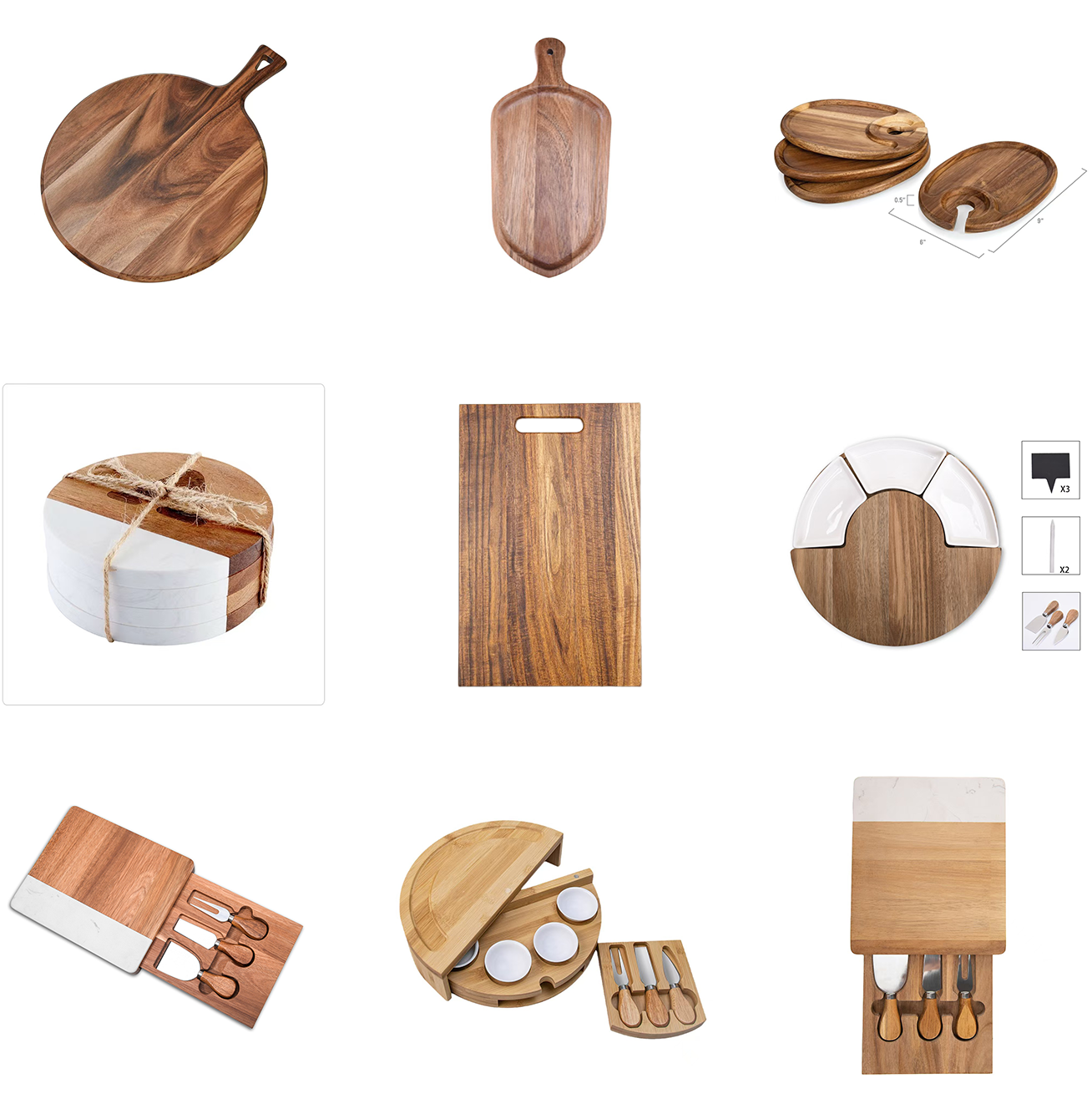
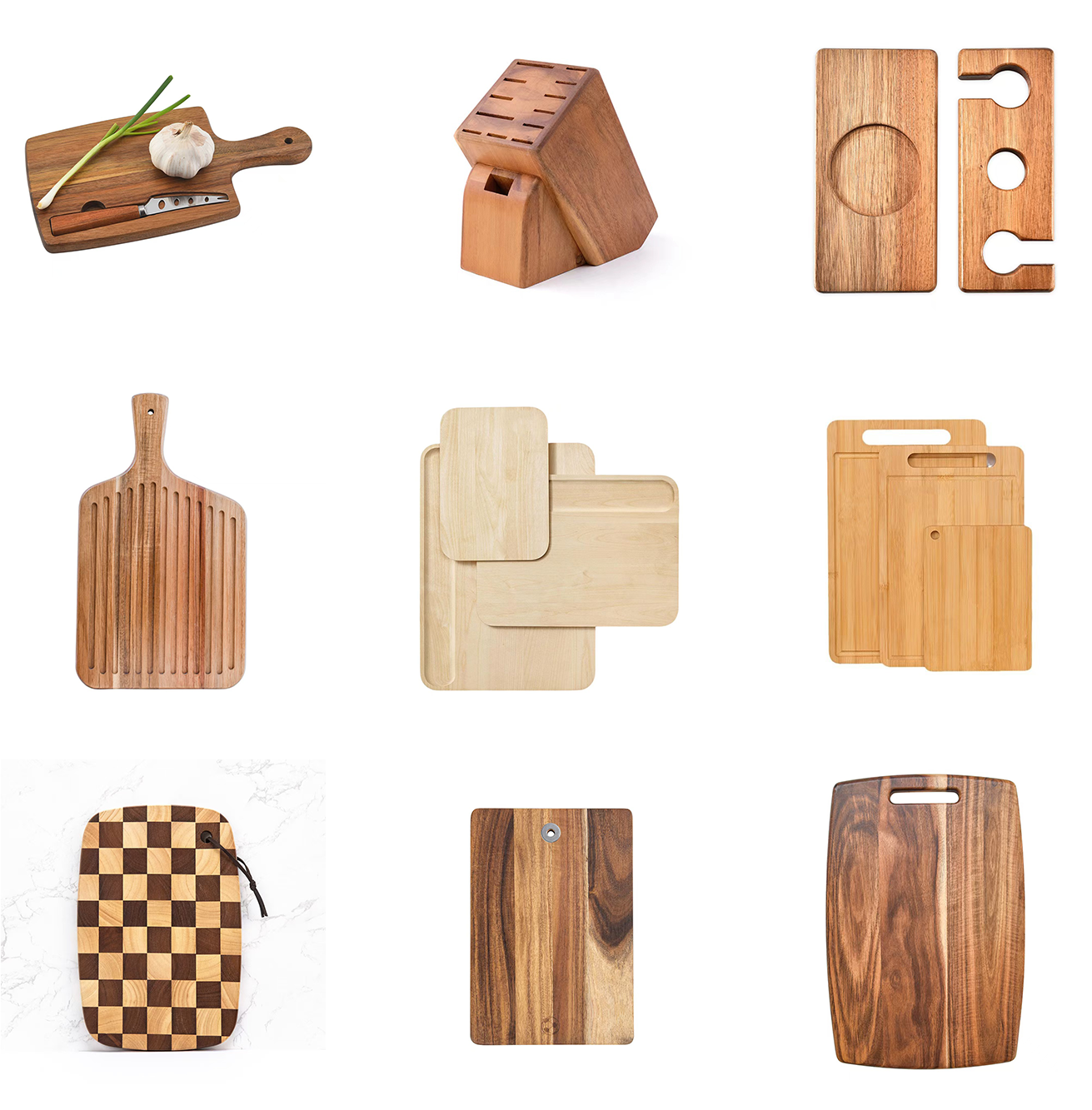
Yangjiang Cuthaven Kitchenware Co.,Ltd
Yangjiang Cuthaven Kitchenware Co.,Ltd.
specializes in the production and export of high-quality metal and wooden kitchenware. With over 16 years of experience in the industry, we have established ourselves as a trusted partner for businesses worldwide.








